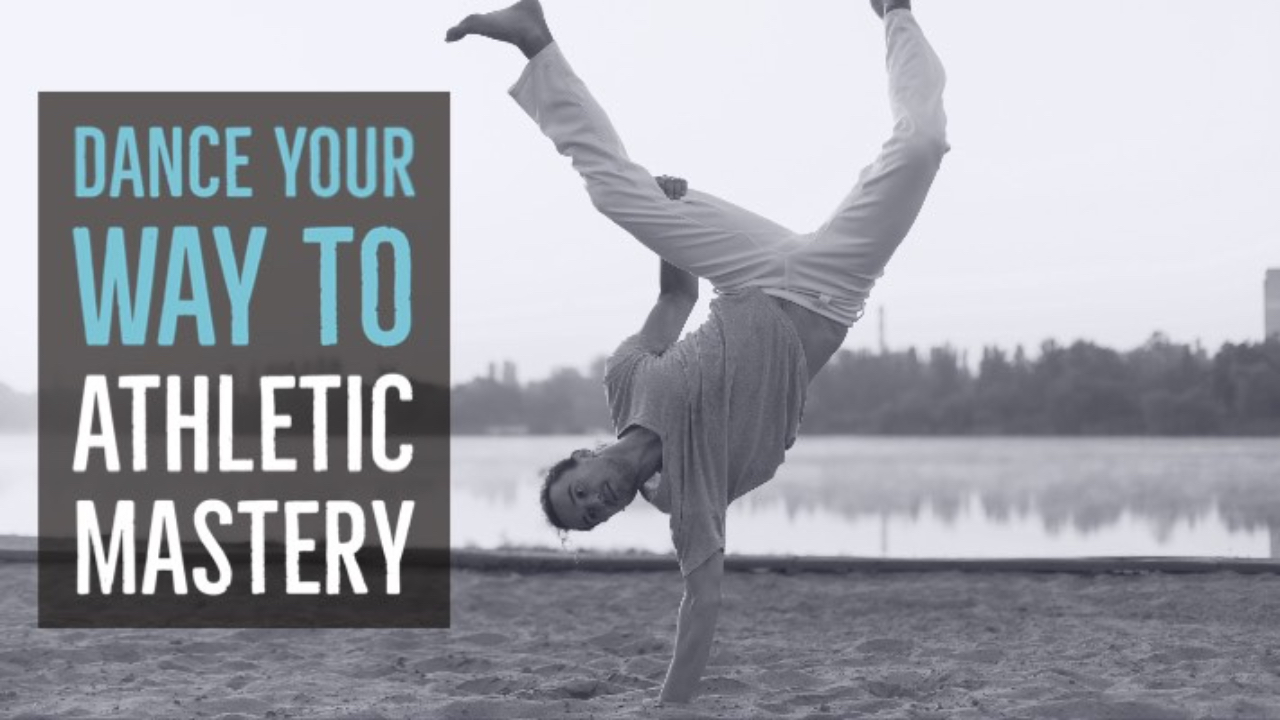
Dance Your Way to Athletic Mastery: Unveiling the Power of Dance in Sports Training
If you've ever marveled at the smooth agility of an athlete and thought, "Wow, they move like a dancer," you might be onto something! As someone who has spent countless hours in the gym and observed athletes from various corners of the world, I've noticed a fascinating trend. Athletes hailing from dancing cultures often display a level of athleticism that seems to set them apart. Intrigued? Let's dive deeper.
Dance: Not Just an Art but a Powerhouse Athletic Tool
-
Fluidity and Grace: Dance teaches fluidity of movement. Think of the seamless transitions in Salsa or the controlled lifts in Ballet. This fluidity can translate to smoother transitions in sports like basketball or football.
-
Balance and Control: The meticulous footwork in dances like the Tango or Flamenco gives athletes superior balance, crucial in sports where a slight wobble can make or break a move.
-
Muscular Endurance: Continuous dancing, such as in an intense Jive or Waltz session, can enhance endurance – something every athlete craves.
Mental Edge: Dance Does Wonders for the Brain
-
Spatial Awareness: Dancers are always aware of their surroundings. This skill is vital in team sports where understanding your position in relation to others is key.
-
Improved Concentration: With dance's intricate steps and timing, your focus sharpens. This heightened concentration can be a game-changer in high-pressure moments during competitions.
-
Boosted Self-Esteem: Dance instills confidence. A confident athlete is often a successful one.
Incorporating Dance in Your Training Routine
Now, if you're thinking, "All sounds great, but how do I fit dance into my already packed training schedule?" Fear not! Here are some practical ways:
- Warm-Up with Dance: Start your training sessions with a 10-minute dance routine. It gets the blood pumping and sets a fun tone.
- Dance Breaks: Instead of a traditional rest day, how about a dance day? It’s a refreshing way to keep the body active without the usual rigors of training.
- Dance Cross-Training: Consider a dance class once a week as a form of cross-training. It can provide the variety your body needs.
Final Thoughts: Embrace the Dance
Incorporating dance into your athletic training might seem unconventional, but the benefits are undeniable. From the fluid movements of a boxer to the impeccable balance of a gymnast, the magic touch of dance is evident.
So, the next time you find yourself tapping your foot to a beat, remember: That simple move might just be the secret to unlocking your next level of athletic prowess. Lace up those dance shoes and glide, leap, or twirl your way to athletic mastery!




